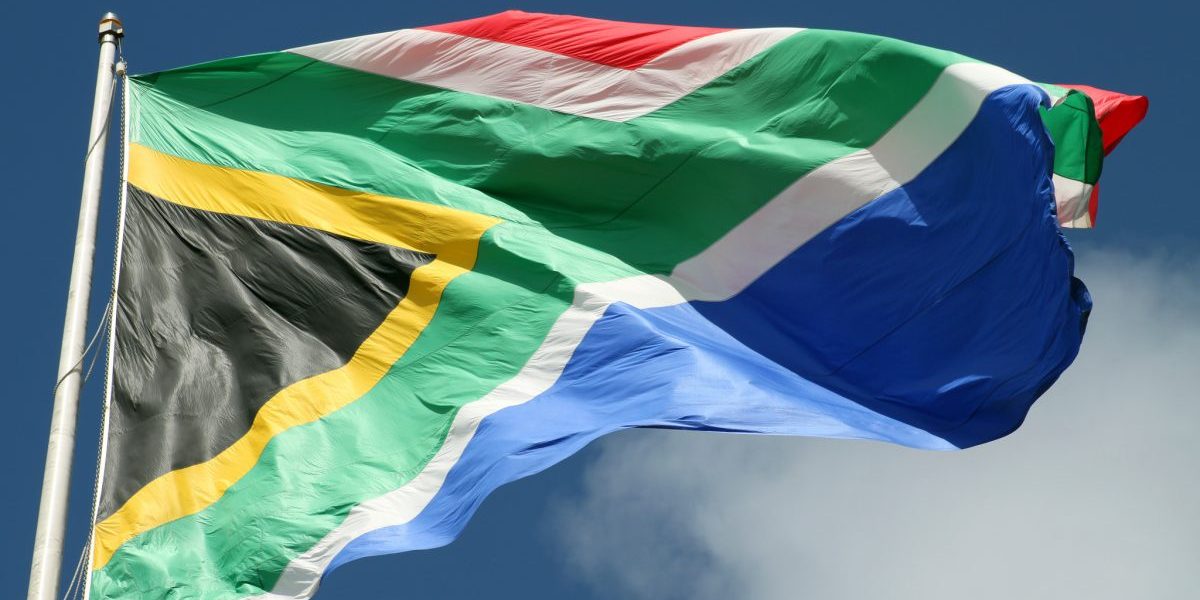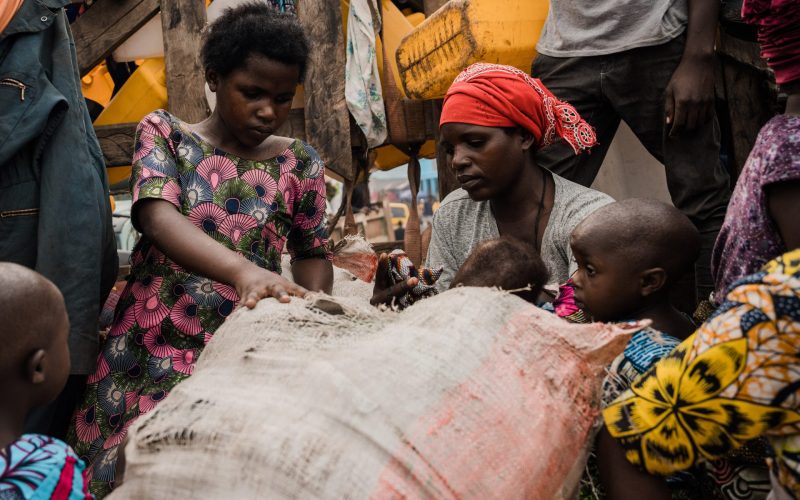The government might not have made great strides at executive level, but Sudanese parliamentarians are preparing to exercise their oversight and legislative powers.
Given the parallels with South Africa’s political environment in the 1990s, our country has a duty to help Sudan’s interim legislators as they try to ensure that the peace agreement is implemented and the interim national constitution is upheld.
After all, the situation of many MPs in Khartoum and Juba is not far removed from our own circumstances in the first post-1994 assembly.
Sudanese MPs are frank about their need for mentorship and guidance. And they hope to learn from countries such as South Africa and Nigeria, which “managed to overcome dictatorship, tribalism and corruption to [reach] the stable multiparty systems they have now”, said a member of the Union of Sudanese African Parties.
Though the parliamentarians include legislators, mainly northerners, who served under one or more of Sudan’s former dispensations, they too have little experience of a genuine multiparty parliament.
At an orientation seminar organised by the Canadian parliamentary centre in Khartoum last month, those in attendance were very keen to learn throughout the week- long event.
The experience, anecdotes and advice shared by parliamentarians and academics from Canada, Ghana, Kenya and South Africa was warmly appreciated.
Veteran Kenyan MP Peter Aringo shared his practical experience of introducing a private member’s bill in Kenya’s parliament to allow MPs greater control over the national budget.
Every presentation engendered a flood of comments and questions.
Presenters agreed that the willingness of MPs to engage with the subject matter and with each other was unprecedented in their experience.
During the workshop it became clear that MPs translate “national interest” to mean implementation of the peace agreement.
Despite delays in progress, most parliamentarians are optimistic that the plan can be kept on track.
But they also acknowledge that this can be achieved only within a framework of mutual cooperation.
These committed men and women deserve the help of their peers in South Africa and elsewhere.
The African Union has played a commendable role in brokering the peace deal of its largest member and it is hoped that member states will continue to support Sudan in the capacity of building its parliament.
The potential rewards far outweigh the costs of renewed conflict.








